These three ingredients can help cook the perfect business, says promoter K Ganesh
In this episode of Prime Knowledge series, Serial Entrepreneur and Promoter Krishnan Ganesh spills the ingredients of the entrepreneurial secret sauce.
The Indian startup ecosystem is the third-largest in the world, with 21 unicorns (startups valued at more than $1 billion). According to Hurun Global Unicorn List 2019, India is right behind China and the USA, but ahead of Britain and Israel. Despite this, 90 percent of all Indian startups are known to fail within the first five years.
While there can be indefinite factors why a startup chose to close shop, one of the core reasons why startups fail or succeed, has to do with their founders.
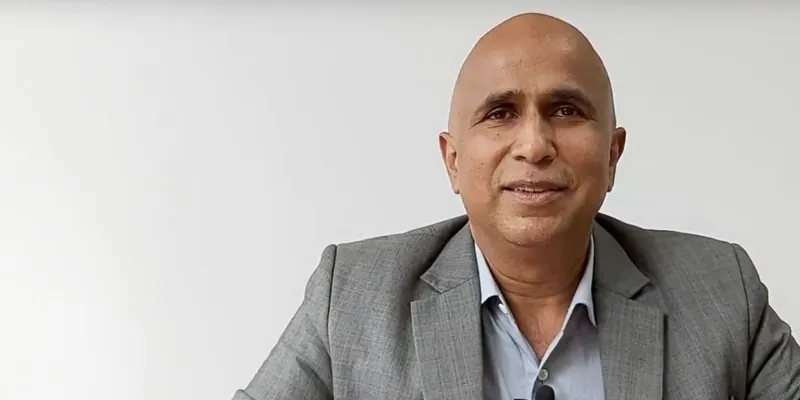
Krishnan Ganesh
Serial entrepreneur and Promoter Krishnan Ganesh says, “If the leaders are not exceptional entrepreneurs, keeping the ship afloat naturally becomes a Herculean task.”
The promoter of , , , , , , and , among others, Ganesh says, promoters typically look for three major traits before trusting a brand and investing in it.
Watch the Prime Knowledge series with Krishnan Ganeshan brought to you by Prime Ventures, an early-stage VC fund investing in technology and product-focused businesses:
Running a marathon
“Entrepreneurship is never a sprint. And it can be a difficult, lonely job. Running a business test a founder’s patience as the market movement is always out of control,” he adds.
According to him, as a rule of thumb, promoters see if a particular founder is ready to commit at least ten years to his or her venture. Anything short-term indicates a lack of proper vision on the part of the entrepreneur.
Like a marathon, businesses take time to pick pace. Short bursts of success are often temporary and followed by a long span of downward movement. And an exceptional entrepreneur will be privy to such a cycle.
“He or she will know that the journey is long and hard, and giving up midway is not an option. This grit constitutes the base of the entrepreneurial pyramid – the much-need foundation,” he adds.
Passion driven journey
Does a founder start a company to make money? Or, is achieving professional freedom and gaining work-life balance the motivation? Promoters are aware that these are insignificant reasons to start a business and they never work out in the long-run, Ganesh says.
The entrepreneurial journey has to be fuelled by sheer passion, and their commitment must include the zeal to disrupt the market. Even if not stated in the startup pitch, promoters can sense the shaky reasons among founders who are not passionate enough.
Financial success comes after considerable gruelling, where work-life balance arrives later. To break even, founders often have to work with every tissue, and the motivation to continue cannot come if the roots are not buried in passion. This aspect completes the tip of the pyramid. With all three, founders become exceptional entrepreneurs.
“With a proper mix, these can turn founders into true entrepreneurs – who can swallow the hardships and steer their businesses to success. Imagine these as the crucial slabs of a whole pyramid. Without anyone, the structure can never be complete,” he adds.
The Bigbasket story
According to K Ganesh, the online grocery platform Bigbasket is an outstanding example of how the three factors have come together to build successful entrepreneurs, as well as businesses.
Founders Hari Menon, V.S. Sudhakar, Vipul Parekh, Abhinay Choudhari, and V.S. Ramesh started their journey in the grocery industry way back in 1999. They created FabMart and FabMall, which focussed on delivering books, toys, and groceries to Indian households.
With the dot-com bust, the founders realised that the country’s market was still not ready for online grocery delivery, resulting in the shutting down of the FabMart-FabMall chapter in 2006. In 2011, they banded together again to create Bigbasket. By 2019, the startup was valued at almost $2.2 billion and was racking up venture funding from across the globe.
“Their commitment was long-term 1999 onwards. And their reason to stay put despite the initial failure was their passion to become pioneers of the Indian grocery market. All the right ingredients!” he says.
Edited by Suman Singh






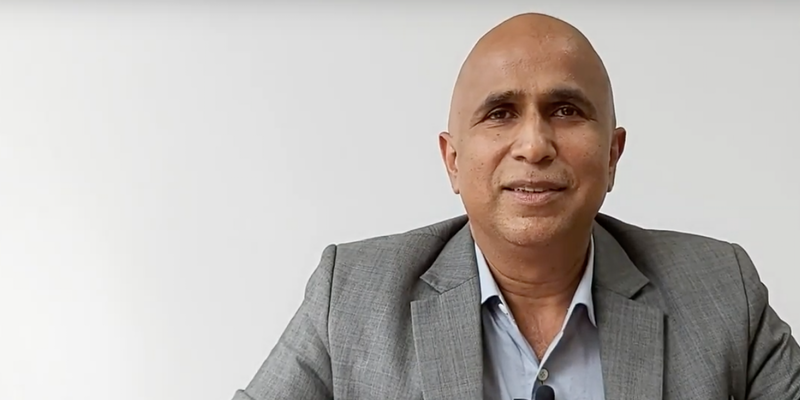
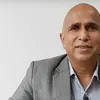
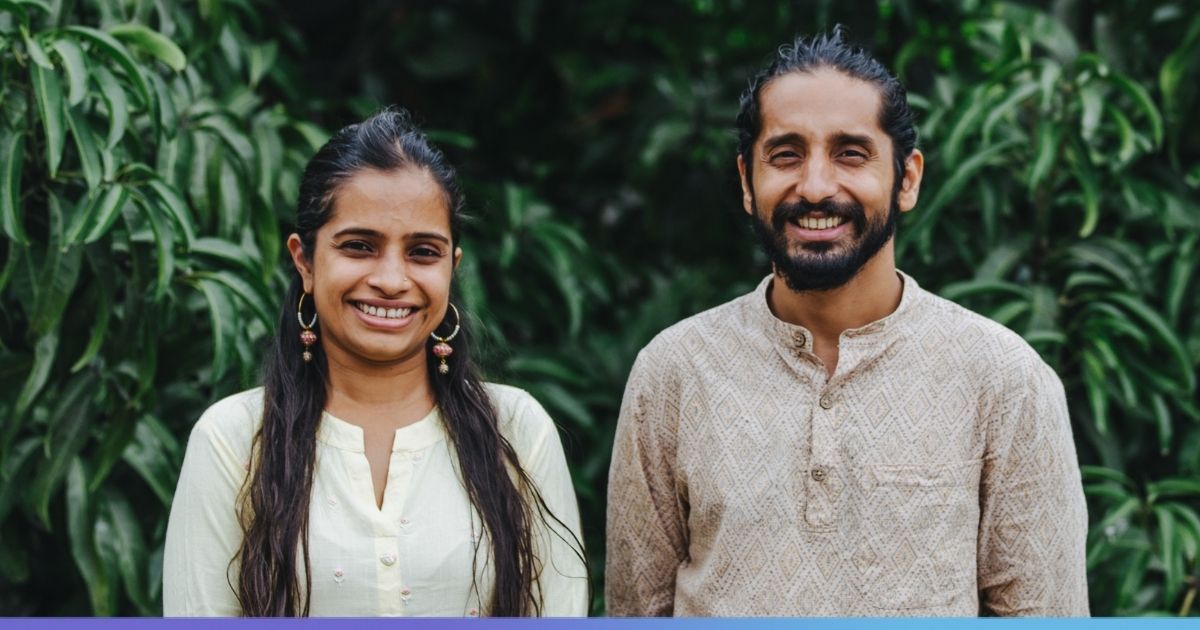
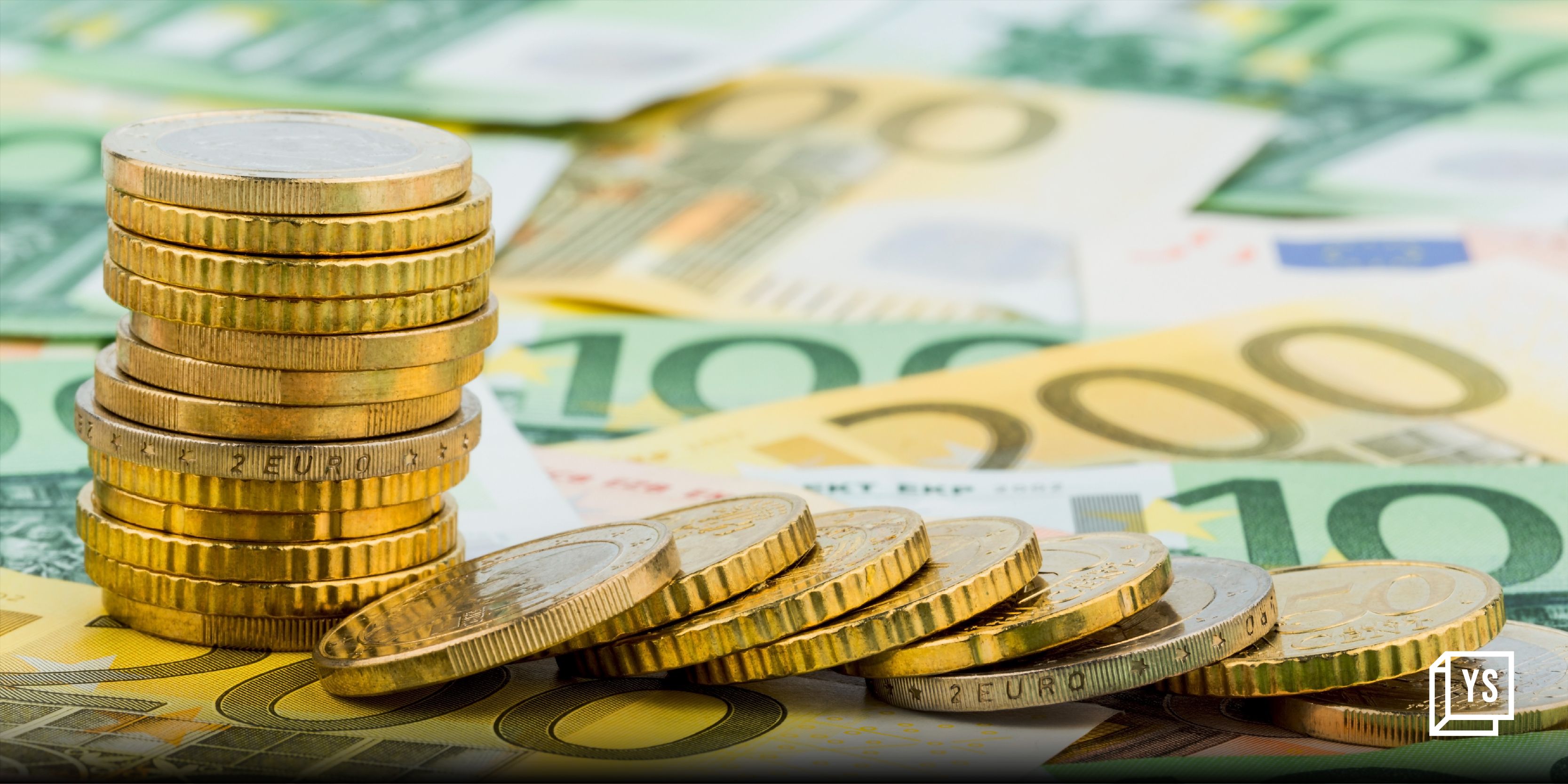
![[Funding alert] Gurugram-based Bolo Indya raises $400,000 led by Inflection Point Ventures](https://images.yourstory.com/cs/2/0a385fc03e6011e999df3d1594bbde2c/Imagegtfr-1607249104762.jpg)

![[Funding alert] Digital lending platform Revfin raises Rs 100 Cr in debt round](https://images.yourstory.com/cs/2/31ee0510ca7c11eba975c529dced399e/MalvikaCopyofImageTagging52-1647263527421.png)